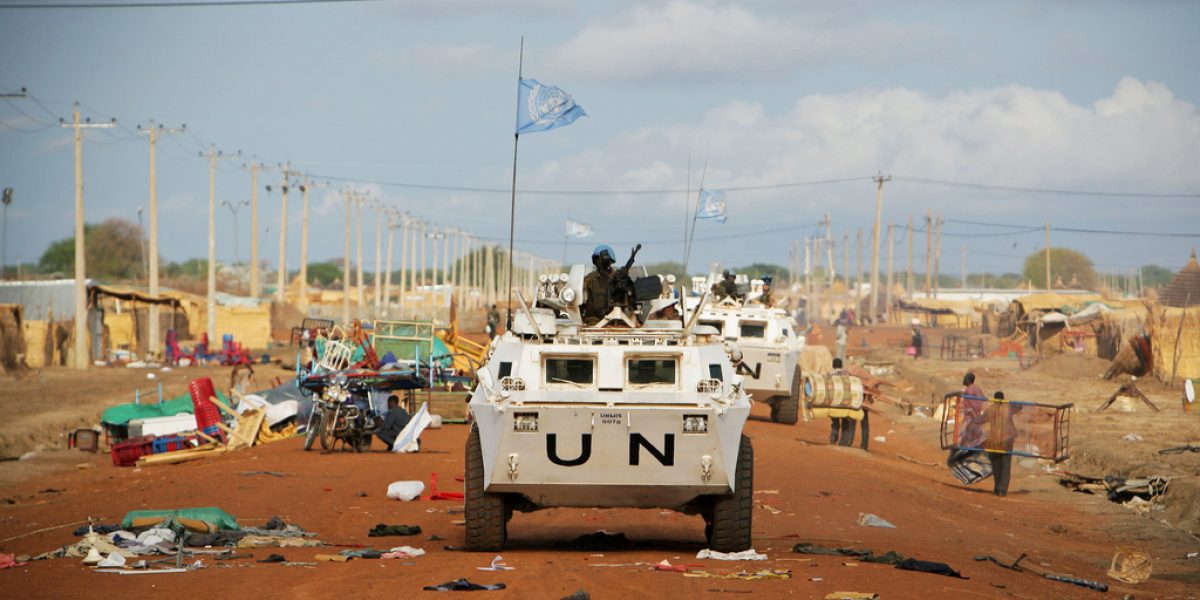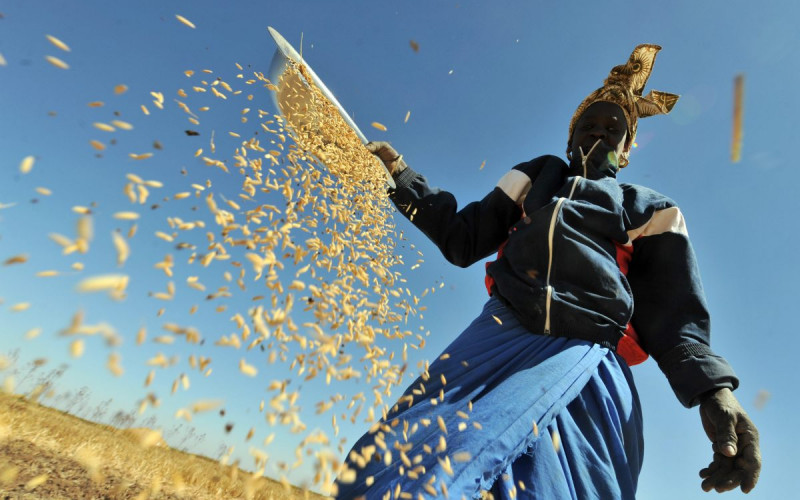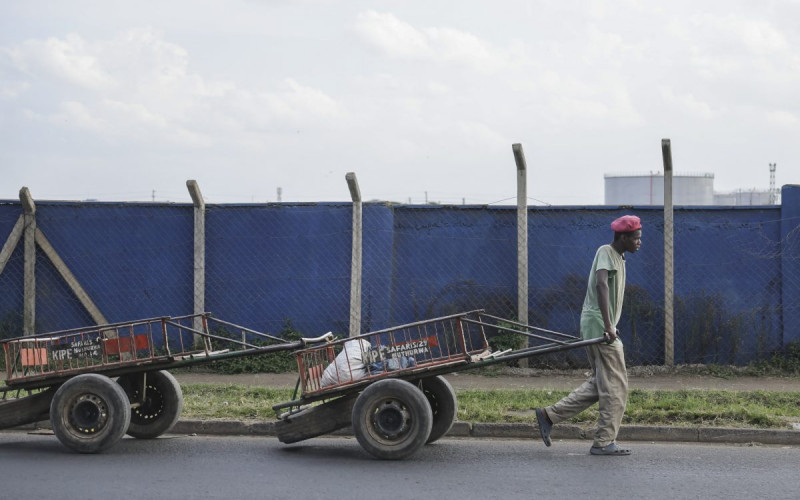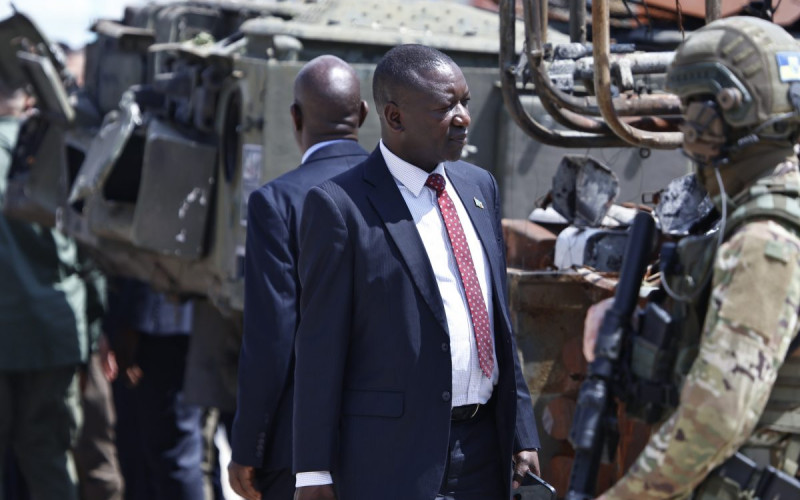‘There is an internal armed conflict in Darfur between the governmental authorities and organised armed groups,’ the report found. ‘A body of reliable information indicates that war crimes may have been committed on a large-scale, at times even as part of a plan or a policy.’
The report is the product of a three-month investigation into the extent and methodology of the Darfur crisis. In the past two years, more than 70,000 people have been killed and 2 million others displaced as government troops and the Janjaweed have systematically razed dozens of villages across the region. The five-person panel appointed by Secretary-General Kofi Annan met with government and rebel representatives, tribal leaders, internally displaced people, victims and witnesses of violations, and non-governmental organisations involved in relief operations on the ground.
How to characterise the nature of the atrocities has been the subject of a contentious global debate. The US called the crisis ‘genocide’ following a State Department investigation and a visit by then-Secretary of State Colin Powell to the region last year. But that term carries with it burdens spelled out in the Genocide Convention, which requires signatories to intervene pro-actively to stop the slaughter. Building multilateral consensus around what constitutes ‘genocide’ is consequently frustrated by divergent self-interests.
The commission found it ‘does recognise that in some instances individuals, including government officials, may commit acts with genocidal intent. Whether this was the case in Darfur, however, is a determination that only a competent court can make on a case by case basis.’
The report did find, however, that ‘the people of Darfur have suffered enormously during the last few years. …Thousands were killed, women were raped, villages were burned, homes destroyed, and belongings looted. About 1.8 million were forcibly displaced and became refugees or internally-displaced persons. They need protection.’
Khartoum has rejected the report, calling it unfair and incorrect.







